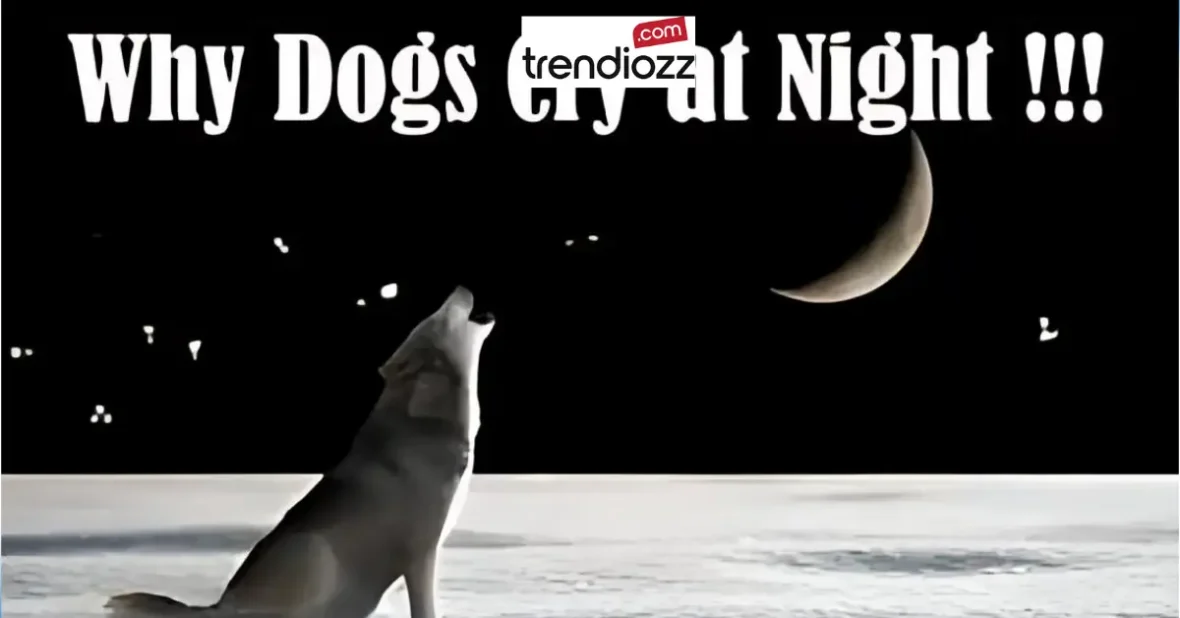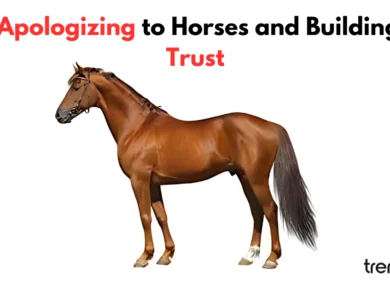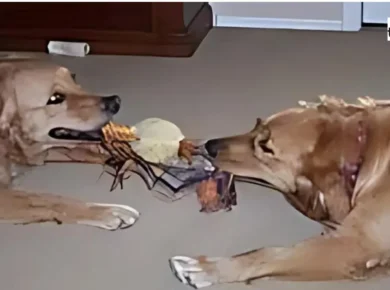As night falls and everything seems still, you might suddenly hear a dog howling in the distance. Why do dogs howl at night? This age-old question has puzzled dog owners for generations. If you’ve ever wondered what prompts this eerie and often unsettling behavior, you’re not alone.
In this article, we’ll dive deep into why dogs, particularly at night, seem drawn to howling. By exploring the evolutionary, emotional, and environmental triggers, we can begin to understand what our furry companions are trying to communicate. Let’s uncover the secrets behind these nighttime howls, and maybe even help you get a peaceful night’s sleep.
Summary of Reasons Dogs Howl at Night
| Reason | Description |
|---|---|
| Evolutionary Instinct | Dogs retain the howling habits of their wolf ancestors for communication. |
| Separation Anxiety | Dogs howl when they feel lonely or anxious, especially at night. |
| Environmental Noises | High-pitched sounds like sirens can trigger a dog’s howling instinct. |
| Territorial Behavior | Some dogs howl to assert their dominance or claim territory. |
| Loneliness | Howling can be a sign that your dog feels isolated or left out. |
| Boredom | Dogs lacking stimulation may howl to release frustration or energy. |
| Fear of Darkness | Some dogs may feel anxious or fearful when it’s dark outside. |
| Wildlife Reaction | Noises or sightings of wild animals can prompt nighttime howling. |
| Weather Sensitivity | Dogs may react to storms or atmospheric changes by howling. |
| Pain or Discomfort | A sudden increase in howling can sometimes indicate an underlying medical issue. |
The Evolutionary Roots: Why Dogs Howl at Night
Before dogs became our beloved household pets, they were wild animals—wolves, to be precise. Howling was a key method of communication for wolves, and their domesticated descendants have retained this instinctive behavior. When wolves howl, they’re doing much more than just making noise—they’re sending messages to their pack members.
For domesticated dogs, howling might serve a similar purpose, even if their “pack” is now a human family. Some common evolutionary reasons for nighttime howling include:
- Location Announcing: In the wild, howling is often a way to signal to others in the pack where a wolf is. If your dog is howling at night, they might be trying to communicate their location or get a response from a fellow canine.
- Territorial Marking: Howling can serve as a territorial warning, particularly if your dog hears other dogs in the distance. They might be howling to assert their territory and let others know that this area is “theirs.”
- Seeking Connection: Your dog may feel a strong need to connect with you, other pets, or even the environment, especially at night when the world is quiet, and sound travels further.
Emotional Triggers: Is Your Dog Lonely or Anxious?
A more modern take on the question, why do dogs howl at night, relates to the emotional state of the dog. If your dog howls when you leave the house, when they’re alone, or during the quiet of the night, it could be a sign of emotional distress.
Separation Anxiety is one of the most common emotional triggers for nighttime howling. Dogs are highly social animals, and when they feel isolated, especially at night, they may howl as a way to express their anxiety or sadness.
Consider these emotional reasons why your dog may be howling:
- Loneliness: When the household is asleep, and your dog feels alone, they may howl to express their sadness or to try and bring the family together. Dogs that sleep outdoors or in another room are particularly prone to this behavior.
- Boredom: Dogs that aren’t mentally or physically stimulated throughout the day may start howling at night as a way to release pent-up energy or frustration.
- Fear of the Dark: Believe it or not, some dogs can become afraid of the dark. This can lead to howling as a way to call for help or seek comfort.
Understanding the emotional triggers behind howling is crucial for addressing the root cause of this behavior and helping your dog feel more secure and comfortable.
Environmental Factors: External Sounds and Stimuli
The environment around your dog also plays a significant role in why they howl at night. While we may think of the night as silent and peaceful, a dog’s hearing is much more sensitive than ours. What seems quiet to us can be a cacophony of sounds for them.
Here are some environmental factors that may trigger your dog’s howling:
- Sirens or High-Pitched Noises: Many dogs howl in response to high-pitched sounds like sirens, alarms, or musical instruments. The quiet of the night can make these sounds more pronounced, causing your dog to react.
- Wildlife and Other Animals: If you live in an area where wild animals are common, your dog might howl in response to their presence. Coyotes, owls, or even other neighborhood dogs could be prompting your dog to vocalize.
- Weather Changes: Some dogs are sensitive to changes in weather, particularly when a storm is approaching. They may howl in response to thunder, lightning, or even shifts in barometric pressure.
Your dog’s environment can be filled with unexpected sounds and changes that may cause stress or excitement, leading them to howl at night.
How to Stop Nighttime Howling
Now that we’ve explored the reasons behind why dogs howl at night, let’s look at some practical ways to address and reduce this behavior. Here are some helpful strategies:
- Create a Comfortable Sleep Environment: If your dog is howling because they’re uncomfortable, lonely, or anxious, try providing them with a cozy, safe space to sleep in. A crate with soft bedding or a dog bed in your room might help them feel more secure.
- Increase Daytime Exercise: Dogs with lots of pent-up energy are more likely to howl at night. Make sure your dog gets plenty of physical activity during the day, along with mental stimulation like puzzle toys or training sessions.
- White Noise: Some owners have found success in using white noise machines or fans to drown out environmental sounds that may trigger their dog’s howling. This can be especially helpful if your dog reacts to sirens, wildlife, or other nighttime noises.
- Calming Aids: For particularly anxious dogs, there are a variety of calming aids available, from pheromone diffusers to calming supplements. Speak with your vet about the best options for your dog.
Seeking Attention
Dogs are social creatures, and they may howl at night to grab your attention. If your dog feels ignored or wants interaction, especially when you’re trying to sleep, they might howl as a way of saying, “Hey, I need you!” Over time, this can become a learned behavior if howling results in them getting what they want—whether that’s a treat, comfort, or just some extra attention.
Response to Light Changes
Dogs have keen senses, and sudden changes in lighting—like streetlights flickering, car headlights, or even the moonlight—can sometimes trigger howling. These unexpected shifts in their environment, coupled with their natural alertness, can prompt a reaction, especially if they feel unsettled by it.
Health and Aging Issues
Older dogs might develop conditions like cognitive dysfunction syndrome (CDS), which can cause confusion, anxiety, and disorientation—especially at night. This can lead to increased vocalization, including howling, as your dog may be struggling to cope with age-related health changes. Additionally, hearing loss can cause some dogs to howl louder or more often, particularly in the quiet of the night when they’re unable to hear familiar household sounds.
Conclusion
So, why do dogs howl at night? The answer lies in a combination of evolutionary instincts, emotional needs, and environmental factors. Whether your dog is trying to communicate their location, express anxiety, or react to nighttime sounds, understanding the reasons behind this behavior can help you address it in a caring and effective way.
If your dog’s howling is becoming a nightly disturbance, try implementing some of the strategies mentioned above, and don’t hesitate to seek professional advice if needed. After all, helping your dog feel secure and content is the best way to ensure a peaceful night for both of you.
FAQs: Common Questions About Dogs Howling at Night
Q: Why do dogs howl at night when they hear sirens?
A: Dogs have a heightened sense of hearing, and sirens or other high-pitched sounds can trigger their instinct to howl. It’s a form of communication, often related to their wolf ancestors.
Q: Can howling be a sign of a medical problem?
A: In some cases, yes. If your dog suddenly starts howling at night without any clear triggers, it could be due to pain or discomfort. If this behavior persists, it’s a good idea to consult your vet.
Q: How do I know if my dog is howling because they are lonely?
A: If your dog only howls when they’re left alone, or if they seem clingy or distressed when you’re around, it could be a sign of separation anxiety.
Q: Will getting another dog stop my dog from howling at night?
A: Adding another dog to your household might reduce loneliness, but it won’t necessarily stop the howling. Make sure to address the root cause of the behavior before making any big decisions.










